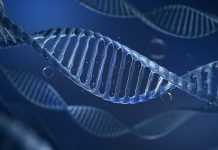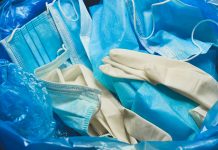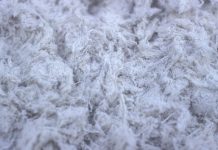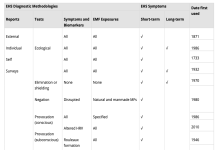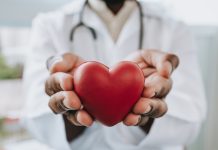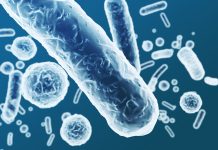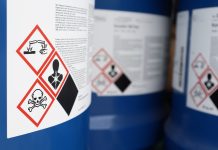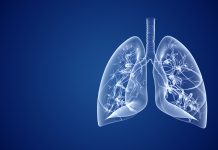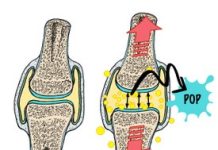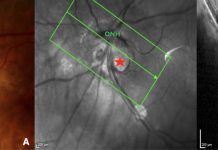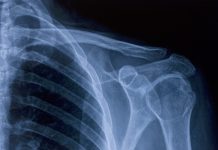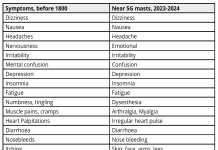Open Access Government produces compelling and informative news, publications, eBooks, and academic research articles for the public and private sector looking at health, diseases & conditions, workplace, research & innovation, digital transformation, government policy, environment, agriculture, energy, transport and more.
Home 2025
Archives
The next chapter in regenerative medicine for osteoarthritis: From real-world evidence to regulatory shifts
Osteoarthritis (OA) remains one of the leading causes of disability worldwide, yet the therapeutic landscape is evolving faster than ever.
Revolutionising global vaccine access: The case for Stablepharma’s fridge-free vaccine technology
Stablepharma is focused on improving global vaccine access with its leading candidate, SPVX02. Here, they discuss the challenges of vaccine development and distribution, and highlight how their platform could transform accessibility through fridge-free vaccines.
Deconstructing misconceptions: The relevance of androgens for human health
Alexandra Cara and Carol F. Elias from the University of Michigan Medical School provide insights into the critical role of androgens in human health, including their vital roles throughout various life stages.
Prioritizing skeletal muscle health for successful aging
Kevin A. Murach, Ph.D. at the University of Arkansas, talks us through prioritizing skeletal muscle health for successful aging, beginning with a primer on skeletal muscle aging.
Compassion starts within: Mental health and wellbeing for healthcare professionals
With burnout being common among healthcare professionals, Dr Dianne Wepa and Tanya Levin discuss practical strategies for supporting the mental health of healthcare workers.
The NAD+ stack, optimized: A multi-target strategy to support healthy aging
Research has identified key mechanisms driving aging and actionable targets for promoting longevity. A promising strategy is to preserve the cell’s ability to produce energy, repair DNA, and stress resilience, with nicotinamide adenine dinucleotide (NAD+) playing a central role. Here, Dr. Rebecca Crews presents a multi-target approach to support healthy aging.
Addressing the environmental impact of healthcare is a vital step to combat the climate...
Daniel G. Rainham and Sean D. Christie from Dalhousie University and Nova Scotia Health discuss the key areas where efforts should be directed to reduce the environmental impact of healthcare.
Asbestos: Early immune responses
Ujjwal Adhikari, Kinta Serve, and Jean Pfau explain how asbestos exposure negatively affects the body’s immune response and repair mechanisms, particularly through macrophage dysfunction. They emphasize that gaining a better understanding of cellular responses to inhaled particles could help researchers discover new therapeutic strategies for addressing environmentally induced conditions.
Diagnosing electromagnetic hypersensitivity (EHS)
Michael Bevington, the Chair of Trustees at Electrosensitivity UK, outlines the various symptoms and diagnostic methodologies related to Electromagnetic Hypersensitivity (EHS), a condition first diagnosed in 1871.
Coaches help to reduce heart failure re-admissions
Professor James Calvin from Western University’s Department of Medicine presents his important research comparing two innovative methods for supporting patients in managing heart failure.
The microbiome in early life: Setting the stage for optimal early life health in...
Researchers at the University of South Florida Microbiomes Institute are exploring exciting new areas in microbiome research; here, they discuss the essential role that the microbiome plays in early life health.
Manufactured chemicals: A significant contributor to chronic childhood diseases
Pamela J. Lein from the University of California, Davis, discusses manufactured chemicals as a significant contributor to chronic childhood diseases.
Antibiotics in tuberculosis treatment: Impacts on the respiratory microbiome and the role of optimal...
The respiratory microbiome plays a crucial role in maintaining immune regulation. In this article, Dr Wilber Sabiiti emphasizes the need for optimized antibiotic dosing strategies to minimize harmful effects on the microbiome and improve treatment outcomes for patients with TB.
Joint sounds, how do they arise?
A key aspect of joint manipulation is the audible sounds that may occur during manipulation, which are believed to result from a phenomenon known as tribonucleation. Dr Rob Sillevis from.
Carbon-neutral lifestyle changes and their impact on future health in cities
Dr Peter Hoffmann and Deniz Sirin at Climate Service Center Germany explore carbon-neutral lifestyle changes and their impact on future health in cities.
Daily cigarette smoking research from the Global Flourishing Study
Sung Joon Jang from the Institute for Studies of Religion, Baylor University and Pepperdine University, shares some of the new findings about daily cigarette smoking from the Global Flourishing Study.
Early intervention in the treatment of people with eating disorders
Tracey Wade from Flinders University highlights the benefits of early interventions for eating disorders. She notes that brief interventions during waiting periods can boost treatment completion rates, and early symptom improvements can lead to better outcomes.
Peripapillary Intrachoroidal Cavitation, a masquerade of normal-tension glaucoma
Dr Adèle Ehongo discusses peripapillary intrachoroidal cavitation (PICC), a masquerade of normal-tension glaucoma.
Regenerative medicine and osteoarthritis: SVF, exosomes and beyond
Torbjörn Ogéus from Stockholms Led- & Smärtspecialist guides us through the evolving science of stromal vascular fraction, exosomes, and beyond in regenerative medicine and osteoarthritis.
Defining Electromagnetic Hypersensitivity (EHS)
Michael Bevington, Chair of Trustees at Electrosensitivity UK, examines the history of Electromagnetic Hypersensitivity (EHS) over the past 275 years, highlighting key 18th-century discoveries and early reports of health issues related to electromagnetic fields (EMFs).






